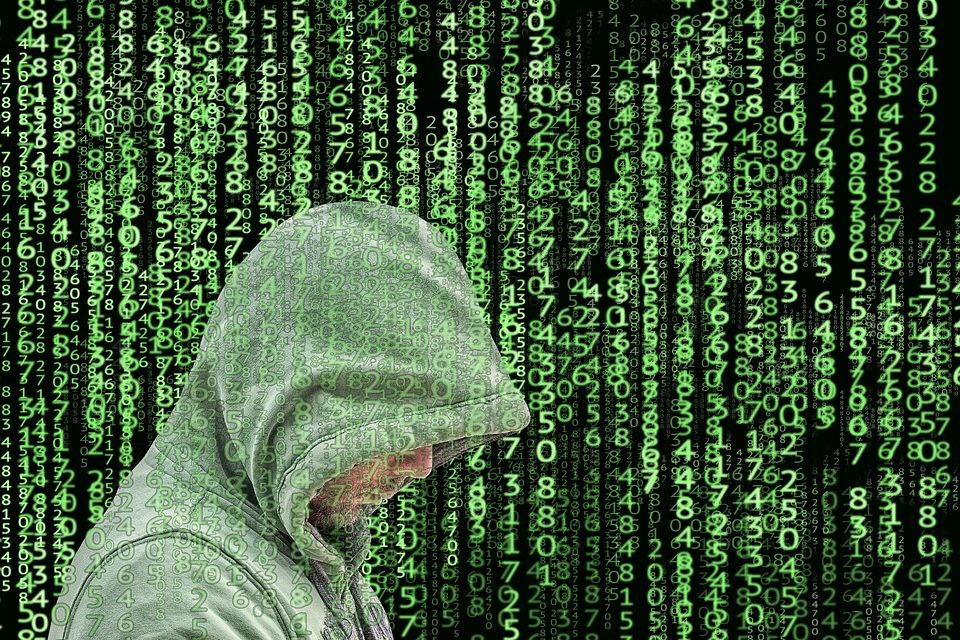Gasoline has been in short supply on the East Coast of the United States since a hacker group believed to be linked to Russia broke into the country's largest oil pipeline, the Colonial Pipeline: the hackers' methods project a dystopian vision of the future.
According to the gas price analysis company GasBuddy, three-quarters of gas stations in North Carolina, more than half of gas stations in South Carolina, Georgia and Virginia, and 42 percent of gas stations in Washington, D.C. were experiencing supply problems as of Thursday evening, but roughly the same in Maryland, Florida and Tennessee. a third of the wells had problems - despite the fact that delivery on the Colonial Pipeline system, which had been stopped since last Friday, resumed around 11 pm CET on Wednesday.
The 8,900-kilometer pipeline, which stretches from Houston, Texas to Linden, New Jersey, is the largest in the United States, carrying roughly 2.5 million barrels of petroleum products per day, serving several oil refineries, and gasoline, diesel, and aircraft used by states on the East Coast of the United States. - transports roughly 45 percent of fuel.
Colonial Pipeline operates through a complex internet system, and this system was exposed to ransomware last Friday, May 7th. To prevent the program from spreading, Colonial's operator disconnected its system from the Internet - so the line stopped carrying anything.
Of course, all of this caused very serious problems in the fuel supply chain of the east coast, moving from south to north, which was further aggravated by the fallible human nature - because the population started stocking up on gasoline, so in crowded lines it was possible to suck up many more gas stations dry than would otherwise have run out of diesel. National ridicule surrounded those motorists who, after filling all their cans, defied the danger of fire and refueled in plastic bags.
Although Colonial Pipeline has consistently denied that it paid the extortionists throughout the week, Bloomberg learned on Thursday that the oil pipeline operator actually paid the hackers about five million dollars (1.46 billion HUF) around the day of the attack, Friday, and they got the decryption software - but it was so slow that Colonial started to restore the system from its own backups, until finally the oil started flowing again on Wednesday night.

Bloomberg also asked President Biden if he had been told during his daily briefings on the case that Colonial had in fact paid the money to the extortionists, Biden said, "I don't have anything to say about that . In any case, the government tightened the cyber security rules for federal offices on Thursday by means of a presidential decree.
Source and full article: mandiner.hu/ here
Photo: Pixabay/BBC/MTI













